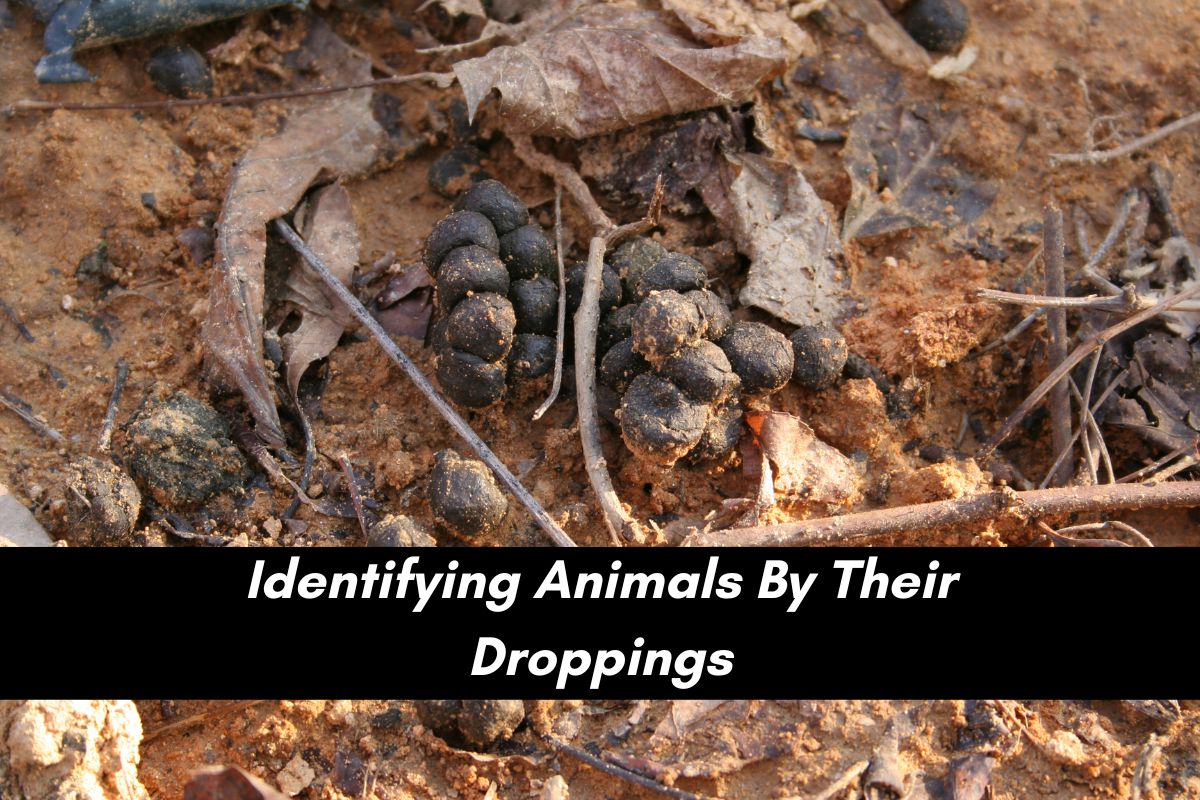
What You Need to Know about Rabies in Animals
- Posted by AdminBW
- On November 19, 2015
- 0 Comments
We have all heard stories about a relative, a friend, or a member of the community being bitten by a rabid animal. Fortunately, it’s not a common occurrence, but every potential case of rabies is a serious one. Left untreated, rabies is almost always fatal. Left unreported, it can place entire communities in danger.
Rabies in Humans
Rabies is a hazard to humans and pets alike. It infects the central nervous system, causing swelling in the brain, paralysis, and nearly always death. The disease can be treated, but must be treated immediately.
Symptoms appear an average of 30-50 days after infection (and can be delayed as long as a year in some cases). They begin as flu-like symptoms–fever, headache, and weakness. As the disease progresses, more serious signs begin to show: anxiety, confusion, delirium, hallucinations, hydrophobia, and other abnormal behavior. In almost all cases, the disease is fatal. If you or your pet is bitten, do not wait for symptoms to show up–once they do, it may be too late.
How Rabies is Transmitted
Humans and pets are most likely to be infected by a bite from a rabid animal–skunks, foxes, bats, and raccoons are the primary vectors in North Carolina. Bat bites are particularly dangerous: they are hard to detect and can occur while you sleep. If you see a bat in your living space, secure it in a room and contact a wildlife removal professional so it can be captured and tested. Do not handle it with your bare hands.
Rabies in Pets
It’s also possible to become infected by handling a pet that has been bitten. If you are a pet owner, the first step you can take is to make sure that your pets are vaccinated against rabies in accordance with state law. If your work or travel regularly carries a risk of contact with rabid animals, you should get vaccinated as well. Regardless of vaccination status, still seek medical attention if you or your pet has been potentially exposed to the virus.
If you are bitten or otherwise wounded by an animal, wash the infected wound for at least 15 minutes with soap and water to prevent bacterial infection. Contact your physician as soon as possible to get tested and determine your treatment options. In addition, contact your local health department and wildlife control to make sure the animal is captured and tested before it can infect anyone else.
If your pet is bitten or otherwise wounded, contact your veterinarian and animal control as soon as possible. Your pet may need a booster vaccination even if its vaccinations are up to date.
Rabies is a serious disease, but it is also a preventable one. Thousands of people receive precautionary treatment every year, and the result is that very few cases of rabies are diagnosed in the United States. Make sure that you and your pets stay on the safe side.
Questions about wildlife and rabies? Our experts in wildlife control can help. Give Critter Control a call at 1-800-CRITTER or 919-382-0651.











